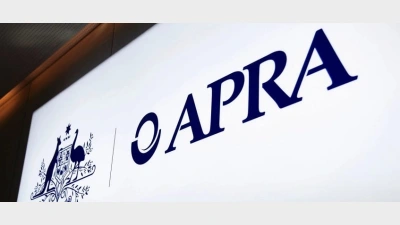AGEST selects GBST for after-tax benchmarking



The industry super fund Agest has appointed GBST to provide after-tax benchmarking for six of the fund's Australian equities mandates.
The appointment follows a decision by the AGEST investment committee to adjust the performance objective of its Australian equities mandates to an after-tax basis from 1 January 2012.
AGEST chief executive Cath Bowtell said the change would encourage each manager to make decisions that maximise after-tax (rather than pre-tax) performance - thereby improving net benefits to members.
GBST is a provider of global technology services to the financial services industry, and was appointed by UniSuper to provide after-tax benchmarking in May last year.
Head of the GBST Quant division Kathy Taylor-Hofmann said AGEST's portfolio managers would be able to "actively assess and manage the tax implications of transactions in their portfolio at any time".
"Given the importance of the sector, both to the economy and Australians relying on a healthy nest egg in retirement, it's positive to see the superannuation industry moving towards higher levels of accountability and transparency and concentrating on after-tax returns which are the most relevant to the super fund members," said Taylor-Hofmann.
GBST has also announced the launch of the GBST Tax Analyser to market this year, which will allow fund managers to see and manage "super fund level tax consequences of proposed actions".
Recommended for you
APRA’s executive director has urged super funds to strengthen leadership, operational resilience and member focus as public trust in the system faces fresh challenges.
The firm has appointed Aware Super’s Damian Graham as group chief investment officer to unify its life and funds management teams.
Ethical super fund Australian Ethical has announced the appointment of Anthony Lane as chief operating officer.
The structural shift towards active ETFs will reshape the asset management industry, according to McKinsey, and financial advisers will be a key group for managers to focus their distribution.










